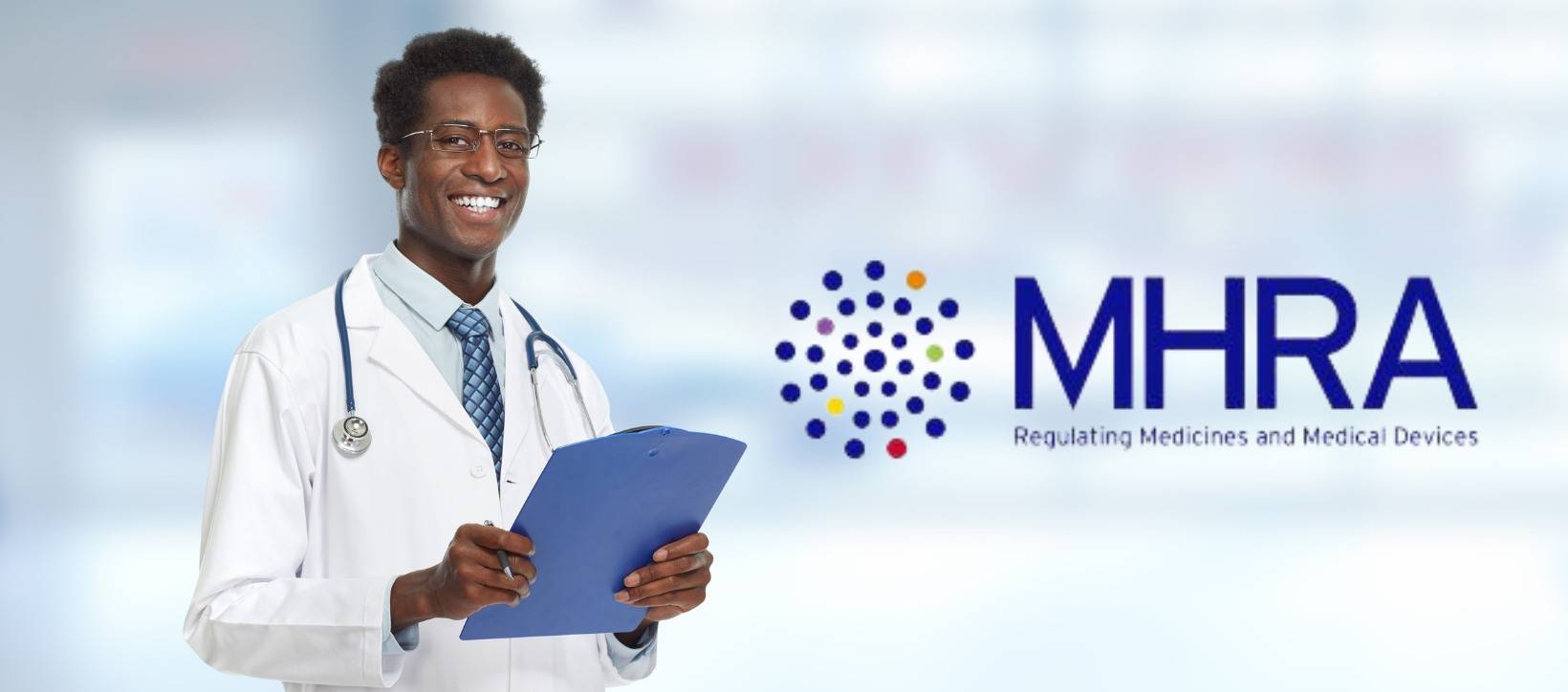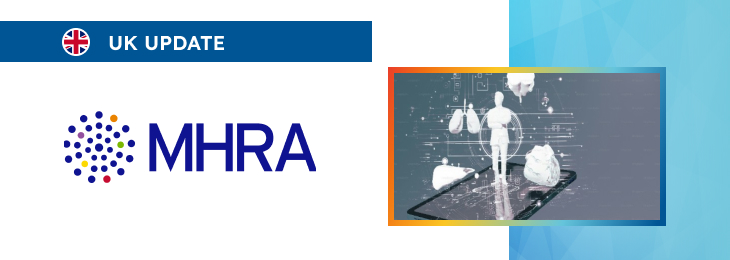The article provides a general overview of the regulatory framework applicable to certain innovative products intended to be marketed and used in the UK.

Table of content
The Medicines and Healthcare Products Regulatory Agency (MHRA), the UK regulating authority, has published a guidance document dedicated to software and artificial intelligence as medical devices. The document provides an overview of the applicable regulatory requirements, as well as additional clarifications and recommendations to be taken into consideration by medical device manufacturers (software developers) and other parties involved in order to ensure compliance.
At the same time, provisions of the guidance could be subject to changes, should such changes be reasonably necessary to reflect corresponding amendments to the underlying legislation.
Regulatory Background
First of all, the authority acknowledges that software, including Artificial Intelligence (AI), has become integral to health and social care systems in the UK. Many of these software products are regulated as medical devices or in vitro diagnostic medical devices (IVDs).
This guidance document provides essential information and updates from the Software Group, a division of the authority that oversees these technologies to ensure their safety and effectiveness.

Innovative Devices: Software Group
The Software Group is dedicated to ensuring the safety of software as a medical device (SaMD) and AI as a medical device (AIaMD) within the UK.
The group works across the MHRA to achieve this goal through various activities including, inter alia, the following ones:
- Assisting manufacturers with pre-market and post-market inquiries.
- Conducting technical file reviews and post-market surveillance.
- Reviewing technical and clinical aspects of clinical investigations and exceptional use authorizations.
- Ensuring that medical device regulations are robust and fit for purpose, covering both software and AI.
- Engaging with stakeholders, including industry professionals, healthcare organizations, patients, and the public, to support these functions.
Classifying Software as a Medical Device or IVD
Manufacturers and researchers should refer to MHRA’s guidance to determine when software applications are considered medical devices and understand how they are regulated. As part of the Software and AI as a Medical Device Change Programme Roadmap, this guidance will be periodically updated.
Additionally, specific advice was issued regarding software used during the COVID-19 pandemic, and there is guidance on the Health Institution Exemption (HIE) and the in-house manufacture of medical devices.
UK Regulatory Framework for Software as a Medical Device
The MHRA has announced a comprehensive change program, supported by a detailed roadmap, to drive regulatory reforms across the lifecycle of software as a medical device. This includes qualification, classification, and pre and post-market requirements.
The program also addresses the challenges and opportunities posed by AIaMD, ensuring these devices are appropriately evidenced and considering transparency issues (both explainability and interpretability) and adaptivity (retraining of AI models).
Software and AI as a Medical Device Change Programme Roadmap
On October 17, 2022, the MHRA published a roadmap detailing the change program for software and AI as medical devices. This document outlines each work package, including deliverables to meet broad objectives and further information on the implementation of the program.
The page will be updated with new documents as they are published.
Qualification and Classification
According to the guidance, the creation of an intended use statement is crucial for manufacturers to define the intended purpose of software as a medical device (SaMD). This statement guides the classification and regulatory pathway of the software.
Post-Market Supervision and Vigilance
In accordance with the applicable regulatory requirements, manufacturers of medical devices must report adverse incidents and field safety corrective actions to the MHRA. Specific guidance on vigilance reporting requirements for SaMD is part of a suite of device-specific guidance.
The SaMD vigilance guidance details the types of events that may cause direct and indirect harm and are considered reportable under the device vigilance system. Healthcare professionals and users can report issues with medical devices, including software, to the MHRA using the Yellow Card scheme or app.
There are specific reporting arrangements for each of the devolved administrations in the UK:
- In England and Wales, report to the Yellow Card Scheme or via the Yellow Card app.
- In Scotland, use the NHS National Services Scotland online incident reporting system and local incident recording system.
- In Northern Ireland, report to the Northern Ireland Adverse Incident Centre and the local incident recording system.
Artificial Intelligence
A Regulatory Pioneers Fund award enabled the MHRA to research methodologies for determining significant changes in adaptive AI algorithm medical devices and how such changes should be regulated. This research, conducted with Brunel University, included workshops held between October 2021 and March 2022, resulting in a final report.
Although this work is not MHRA policy, it provides valuable insights. The MHRA, in collaboration with the U.S. Food and Drug Administration (FDA) and Health Canada, has identified ten guiding principles for good machine learning practice (GMLP) and five guiding principles for the use of predetermined change control plans (PCCPs).
These principles aim to align international guidance and ensure the transparency of machine-learning medical devices.
Digital Mental Health Technology
A three-year project funded by the Wellcome Trust, led by the MHRA, focuses on effectively regulating and evaluating digital mental health technology. This project aims to enhance the regulatory framework and ensure these technologies meet the necessary standards for safety and effectiveness.
Collaborations
As further mentioned in the document, the Software Group collaborates with various international regulators, academic groups, and UK health organizations to advance the regulation of software and AI medical devices.
Significant partnerships include:
- The International Medical Device Regulators Forum (IMDRF) Software as a Medical Device Working Group.
- The IMDRF Artificial Intelligence/Machine Learning-enabled Medical Devices Working Group.
- The AI and Digital Regulations Service for Health and Social Care.
- A Wellcome Trust-funded project on the regulation and evaluation of digital mental health technologies, led by the MHRA in partnership with the National Institute for Health and Care Excellence (NICE).
- The University of Birmingham’s STANDING Together project.
- NHS England’s AI Award and DART-Ed programme.
- NHS England’s Connected Medical Devices Security Steering Group.
These collaborations ensure the UK remains at the forefront of safe and effective software and AI medical device regulation.
Conclusion
In summary, the present guidance describes the efforts taken by the MHRA to establish a proper balance between creating favorable conditions for manufacturers focused on the development of innovative products while also ensuring the safety and proper performance of products allowed for marketing and use in the UK.
How Can RegDesk Help?
RegDesk is an AI-powered Regulatory Information Management System that provides medical device companies with regulatory intelligence for over 120 markets worldwide. It can help you prepare and publish global applications, manage standards, run change assessments, and obtain real-time alerts on regulatory changes through a centralized platform. Global expansion has never been this simple.

